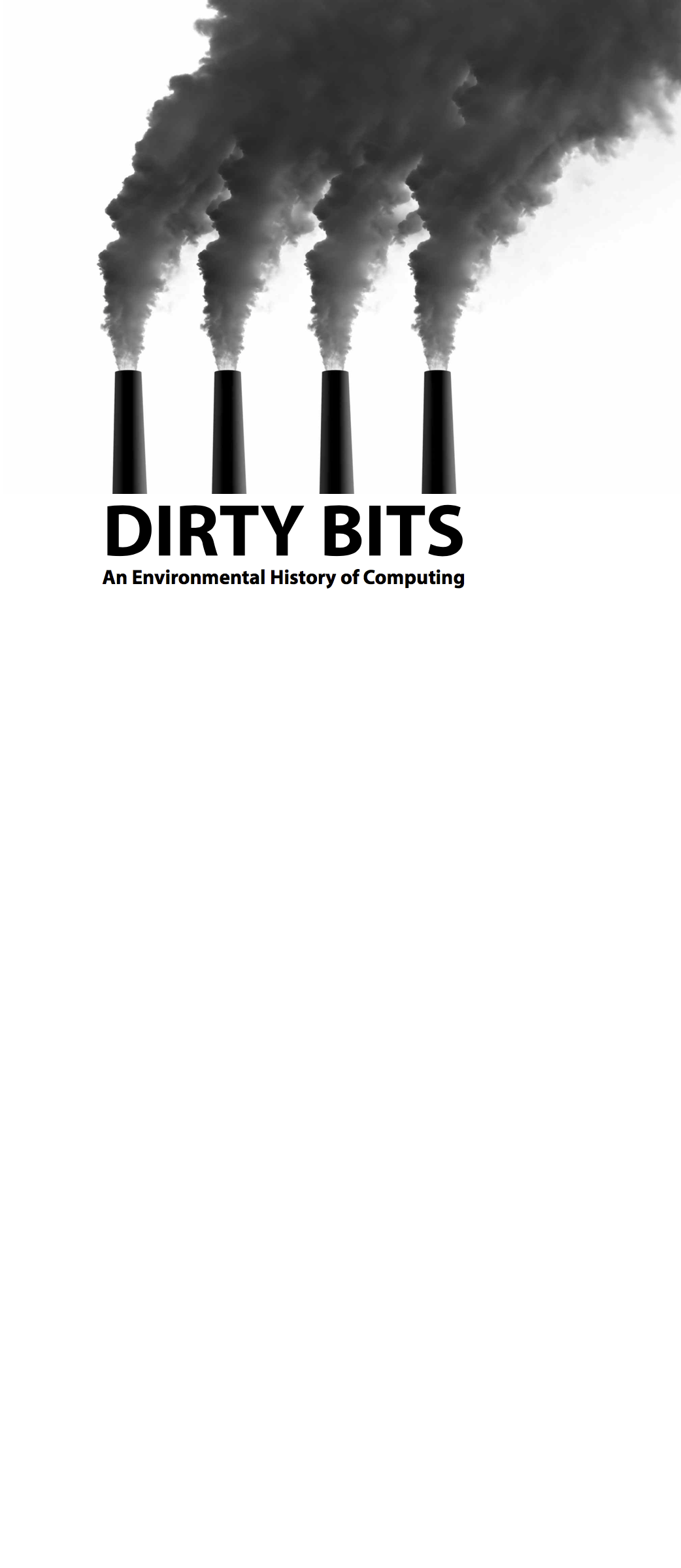Beards, Sandals, and Other Signs of Rugged Individualism
November 10, 2015 #publications
One of the most far-reaching and influential aspects of my research on the labor history of computing has been my work on women in computing. In a recent article entitled “Beards, Sandals, and Other Signs of Rugged Individualism”: Masculine Culture within the Computing Professions, published in Osiris, the annual journal of the History of Science Society, I explore the flip-side of this history: namely, on the ways in which male programmers constructed both a professional and a masculine identity for themselves. I am thrilled to have this article finally available, in part because it has been years in the making (the original workshop on scientific masculinities hosted by Osiris was in 2012), but also because this research is so relevant to contemporary phenomenon.
2015 SIGCIS Keynote
October 06, 2015 #research
I was pleased to be asked to present this year’s keynote address at the annual Special Interest Group for Computers, Information and Society workshop. The theme this year was on infrastructures and so was a perfect fit for my new project on the global environmental history of computing.
The goal of this project is to explore the physical infrastructure that makes our online interactions possible, and to suggest that “computer power” is more than just a metaphor. From Bitcoin “mines” to server “farms” to data “warehouses,” computing requires the input of a range of materials and resources, from lithium and rare earth elements to coal, oil, gas, and uranium. Just as with more traditional forms of technological and industrial development, the information economy can be resource-intensive, pollution-producing, and potentially damaging to the environment, to humans, and to social and political relationships. In the SIGCIS presentation of this material, I outlined several approaches to integrating the methods and insights of environmental history into the history of computing.
For more information about this project and its future research agenda, see the Dirty Bits project site.
Introduction to Social Informatics
August 28, 2015 #teaching

This fall I will be teaching for the first time our core I202: Introduction to Social Informatics course. This is a course that challenges students to think critically about technological change and acquire a more sophisticated understanding of the political, economic, and social considerations that underlie technological development. For more information, see the syllabus.
In addition, I will be once again offering I222: The Information Society.
Debugging the Gender Gap
July 05, 2015 #media

The CODE documentary, directed by Robin Hauser, exposes the dearth of American female and minority software engineers and explores the reasons for this gender gap. CODE raises the question: what would society gain from having more women and minorities code?
CODE takes a hard look at the pipeline question in technology: why aren’t there more women and minority graduates in computer science? What is stopping them from getting to the threshold? CODE follows the various challenges faced by a new generation of women programmers and the ingenious ways they are using their skills, drive, intellect and vision to disrupt the traditional, male-dominated tech world.
CODE looks to the past, delving into the history of computing to highlight women like Ada Lovelace and Grace Hopper who set the stage for today’s technology. CODE acknowledges that women have been an important part of computing since the genesis of computers, but have since been written out of this history.
First screened at the Tribeca Film Festival, the CODE documentary has been showing to audiences across the country.
I was pleased to play a small role in the development of CODE, and appear briefly as a talking head. Filmed right here at the IMU!
Historicizing Masculinities Colloquium
May 05, 2015 #media
On May 20, 2015 I will be presenting my work on the history of masculinity in the computing professions at the UCLA Historicizing Masculinities Colloquium.
IU Institute for Advanced Study Grant
May 01, 2015 #research
The Indiana University Institute for Advanced Study has awarded me an Individual Research Award Grant for work on my forthcoming book on the environmental history of computing. Many thanks to the awards committee at the IAS for sponsoring this research.


